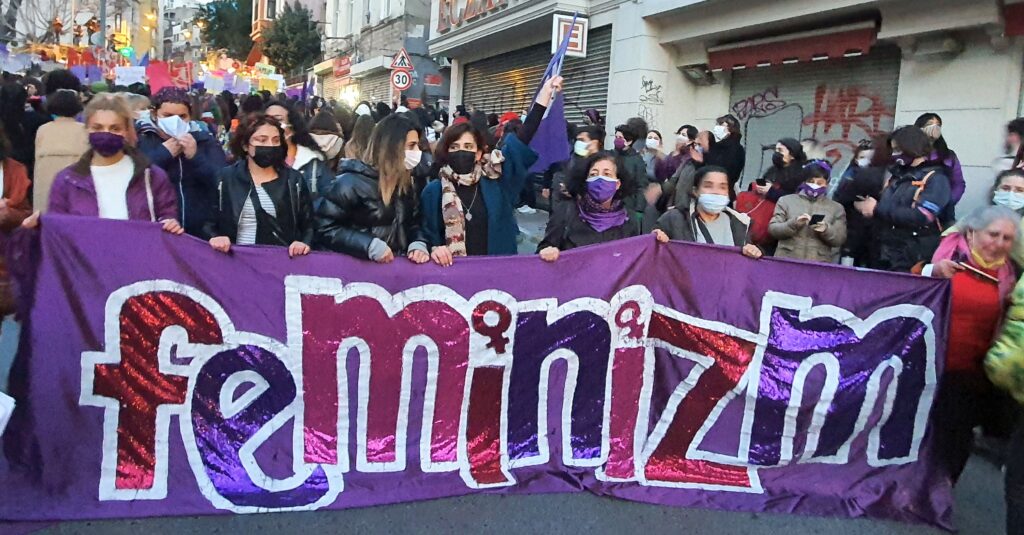What’s Really Behind Latvia’s Rejection of the Istanbul Convention?
Yesterday, the Latvian Parliament voted 56 to 32 to denounce the Istanbul Convention on Combating Violence against Women, despite thousands of people protesting in the streets of Riga against the move. How could something like this happen?
Una Bergmane, a Latvian historian and researcher at the University of Helsinki identifies several layers to the decision.
1. Political Game
This vote was primarily the result of political manoeuvring. It emerged from an alliance between opposition parties (the Latvian radical right, the Russian-speakers’ party, and populists) and one of the government’s own coalition members, the Union of Greens and Farmers (ZZS). The ZZS wanted to punish their coalition partners (the centre-right Unity party and the progressive left-wing Progressives) for a range of disputes, including disagreements over forestry legislation. They chose to strike where it would hurt liberal and left-wing voters the most. The Istanbul Convention was merely a convenient target; it could just as easily have been same-sex civil unions or another symbolic issue.
This political conflict reflects one of the oldest and deepest cleavages in Latvian politics: the conflict between oligarchic and anti-oligarchic forces. The ZZS, along with certain populist groups, still represents weakened but still existing remnants of Latvia’s old oligarchic political order.
2. Instrumentalisation of Trumpist Anti-Gender Discourse
Latvian populists, radical right-wingers, and the Russian-speakers’ party Stability are gearing up for the next elections. To rally their bases, they have decided to ride the wave of Trump-style transphobia and misogyny that has been spreading across many democracies. They claim they will introduce new “protective” laws against domestic violence similar to the measures provided by the Istanbul Convention, but without any recognition that gender is a social construct. In reality, they never will, because they do not care about domestic violence.
3. Possible Russian Interference
Time will tell whether Moscow’s hand was directly involved, but it wouldn’t be surprising. Historically, anti-Istanbul Convention disinformation has been one of the tools in Russia’s propaganda arsenal. The current upheaval in Latvian politics—an artificially manufactured controversy around a convention ratified two years ago without issue—fits perfectly into the Kremlin’s playbook. Notably, some of the most vocal supporters of denouncing the convention, such as the Russian-speakers’ party Stability! and the populist, oligarchic Latvia First, have long been as sympathetic to Russia as the current political climate allows. What’s truly baffling is that the Latvian radical right, the National Alliance, voted alongside them.
4. Lithuania
The fact that similar destructive populist trends and strong resistance to them can also be seen in Lithuania, right now, is worth noting.
This is not the end; it’s only the beginning. Civil society is mobilising on an unprecedented scale against the withdrawal. The President still has constitutional tools at his disposal: he can return the law to Parliament or call for a national referendum.
If the law does come into force, NGOs are expected to bring the case to the Constitutional Court. But beyond the legal and political process, this marks the start of a much larger and more dangerous phase. Latvia is entering an election year amid a very tense domestic and international context.





